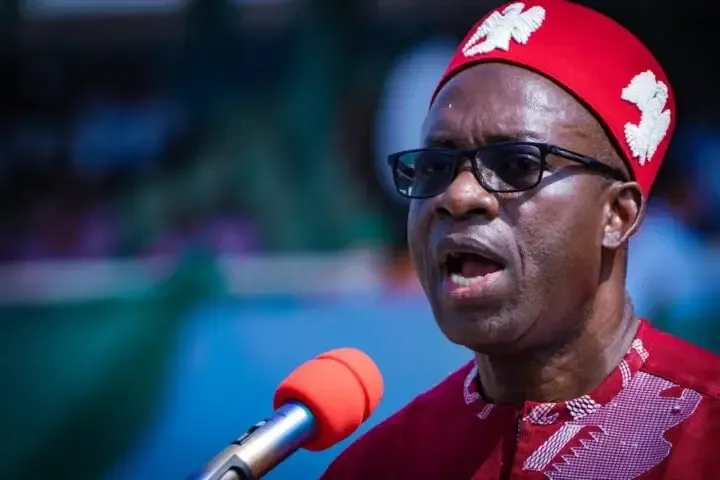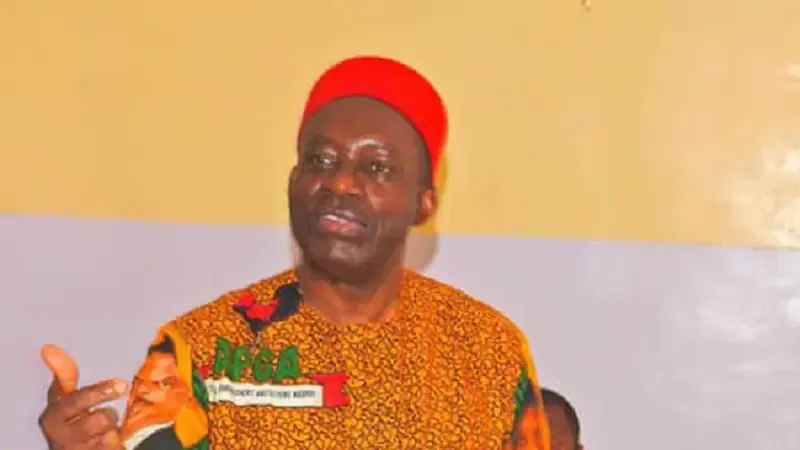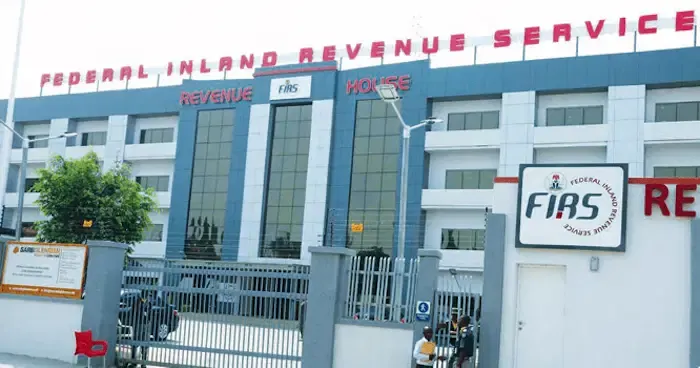Chairman of the Economic and Financial Crimes Commission (EFCC), Ola Olukoyede, has expressed grave concern over the detrimental effects of internet fraud, commonly known as “yahoo yahoo,” on Nigeria’s economy. Speaking at the Global Peace Movement International awards on Thursday, where he was honored as the Man of the Year, Olukoyede highlighted the severe consequences of cybercrime on both the national and international fronts.
Olukoyede revealed that in 2022 alone, Nigeria lost over $500 million due to the activities of internet fraudsters. This rampant cybercrime has forced several international companies to cease their operations in Nigeria after suffering massive financial losses through local wire fraud.
“In 2022, we lost over $500 million in our economy to yahoo boys. The statistics are there. In the same year, about 71 international companies left Nigeria because they hacked their accounts,” Olukoyede stated.
He further elaborated on the broader impacts of these fraudulent activities, including Nigeria’s inability to access credit cards due to poor credit ratings. “We can’t get credit cards in Nigeria because of our poor credit rating because of the activities of these cyber criminals. So, the best we can get is debit cards,” he said.
Olukoyede also pointed out that many international merchants refuse to accept Nigerian cards on their platforms due to security concerns. “Do you know that there are some international merchants that you cannot use Nigerian cards on their platforms? Display your green passport outside the country and see if they will not take you aside and search you thoroughly,” he noted.
The EFCC chairman emphasized that under his leadership, no form of economic and financial crime would be overlooked. He underscored the need to tackle corruption at all levels, starting from local governments and school associations.
“We will do the mini; we will do the mega. If you don’t do the mini, the mini will become the mega. Some of these people stealing money in high places started from the local governments, they started as leaders of associations in schools, where they stole money and they did nothing to them and it became part of their lives,” Olukoyede explained.





